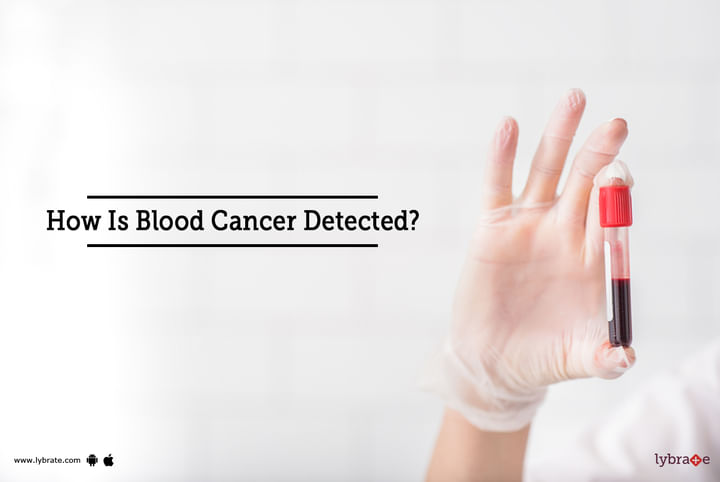How Is Blood Cancer Detected?
Despite the progress of medical science, the detection of blood cancer is largely dependent on the early warning signs. The diagnostic tests available are often sophisticated and are not included in regular health screenings.
What are the common symptoms?
- Fever with chills
- Frequent infections
- Body aches
- Nausea with loss of appetite and weight loss
- Low back pain
- Weakness and fatigue
- Breathlessness
- Swollen but painless lymph nodes
If you report with early signs of blood cancer the chances are your doctor will ask you for these tests.
Complete Blood Count (CBC)
This is the first test blood test ordered for suspected blood cancer patients. The number of different types of blood cells is measured in a sample of the blood. Too many or too few of the various types of blood cells indicate abnormalities and cancerous growth.
Diagnostic Scans
X-ray, MRI, PET, and CT scans are sometimes ordered by the doctor to gauge the extent and stage of cancer. This test is more commonly ordered for patients suspected of suffering from multiple myelomas.
- Flow Cytometry - A small sample of blood is tested for the presence and concentration of different types of protein markers to identify the type of blood cancer
- Tumour marker tests - Tumour markers are introduced in your bloodstream that detects the presence of tumour cells, but this test is not completely reliable as several factors may influence the results.
- Blood protein testing - Electrophoresis is ordered to inspect the different proteins in the blood sample. The presence of abnormalities immunoglobulins in the blood indicates blood cancer multiple myeloma. This test usually needs to be followed up with a bone marrow biopsy to confirm the results.
- Biopsy - Typically, a bone marrow biopsy is ordered to confirm blood cancers. In this method, a small amount of bone marrow tissue is removed and tested for anomalies. This is the most definitive diagnosis for any form of cancer, including blood cancer. However, biopsies are expensive and time-consuming tests reserve for the final verdict.
Methods of early detection of blood cancer have evolved to be sophisticated and accurate even in the very early stages. With awareness and regular medical check-ups, early detection of cancer has become more and more likely.



+1.svg)
